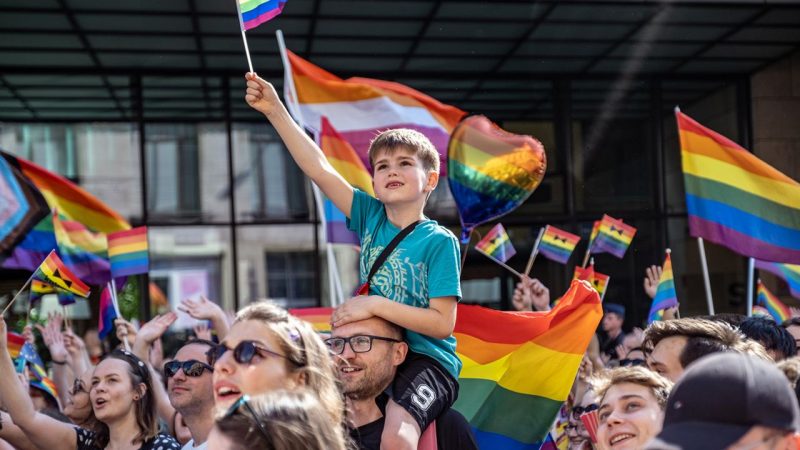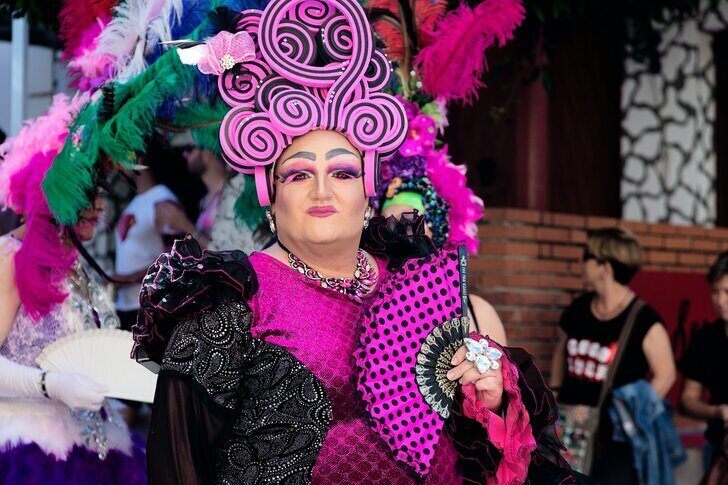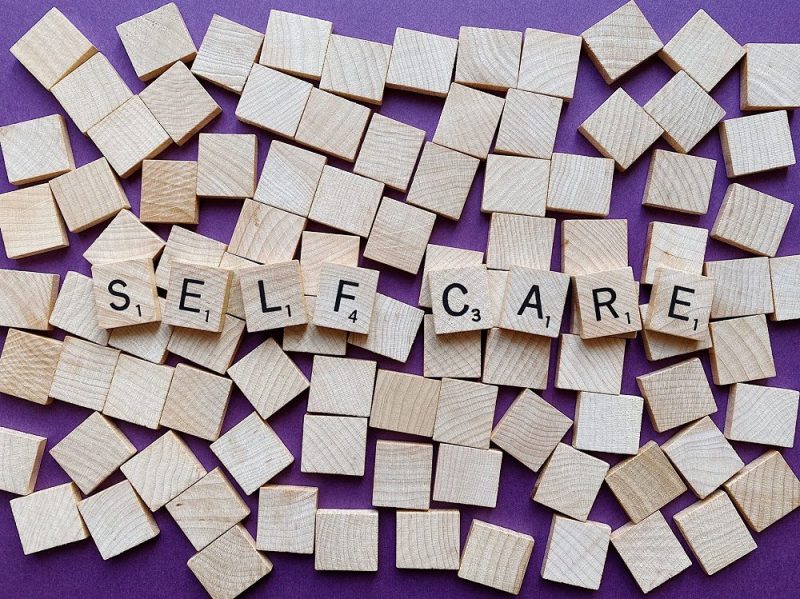As the world becomes more accepting and inclusive, there is still a long way to go for the LGBTQI+ community to receive the same rights as heterosexuals. In Europe, there is a varied range of laws and attitudes towards the LGBTQI+ community. Malta, a small southern European country, has taken the mantle of being one of the most progressive countries in terms of LGBTQ rights.
On the other side of the spectrum, Poland has been criticized by many for their regressive attitudes and policies. In this blog post, we delve into the key differences in LGBTQ rights between Malta and Poland.
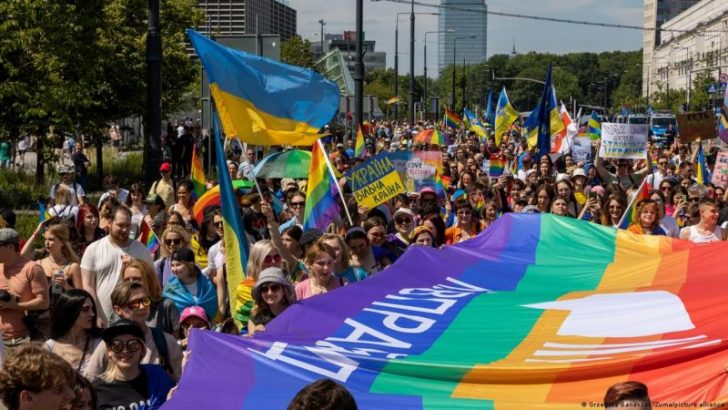
BBC / Unlike Malta, Poland is falling behind, especially with its conservative attitudes and actions towards the LGBTQ community, such as the creation of "LGBT-free zones"
Malta's Progressive Policies
Unlike its counterparts, Malta has come a long way since the decriminalization of homosexuality in 1973. The country introduced civil unions in 2014, and in 2017, legalized same-sex marriage, thus becoming the first EU member state to do so.
Malta is also one of the few countries in the world to have banned conversion therapy, sending a strong message of support for the LGBTQI+ community.
Poland's Regressive Policies
Unlike Malta, Poland is currently in the midst of a political struggle against the LGBTQI+ community. Despite Poland being a member of the European Union, the country has implemented regressive policies such as "LGBT-free zones."
These regions have been declared by local governments. And aim to prohibit "LGBT ideology" from being promoted in public spaces. These policies have been criticized by many, including the EU, for violating human rights and promoting discrimination.
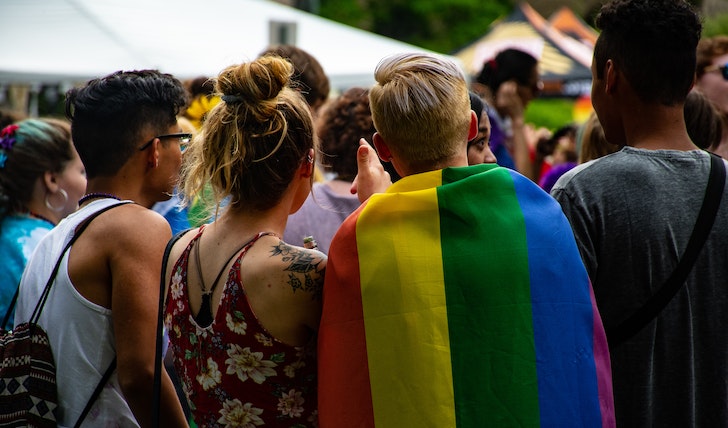
Brett / Pexels / Reports show that Malta is the only EU member to legalize same-sex marriage back in 2017.
Impact on Tourism
Tourism is an essential sector in both Malta and Poland, and a country's attitude towards the LGBTQI+ community can affect its appeal to visitors. Malta's progressive policies and attitudes towards the LGBTQI+ community have resulted in the country being ranked as one of the top LGBTQI+-friendly destinations in Europe.
Conversely, Poland's regressive policies have resulted in a drop in tourism in some regions. Why? Simply because visitors opt to avoid areas with "LGBT-free zones."
Attitudes Toward the LGBTQI+ Community
In addition to policies, the attitudes of the general public towards the LGBTQI+ community also play a vital role in their acceptance and inclusion. Malta's society has been relatively supportive of LGBTQI+ rights, with pride parades being held annually in the capital city, Valletta.
On the other hand, Poland's society has seen a recent increase in homophobic rhetoric, especially with politicians and religious leaders promoting anti-LGBTQI+ views.
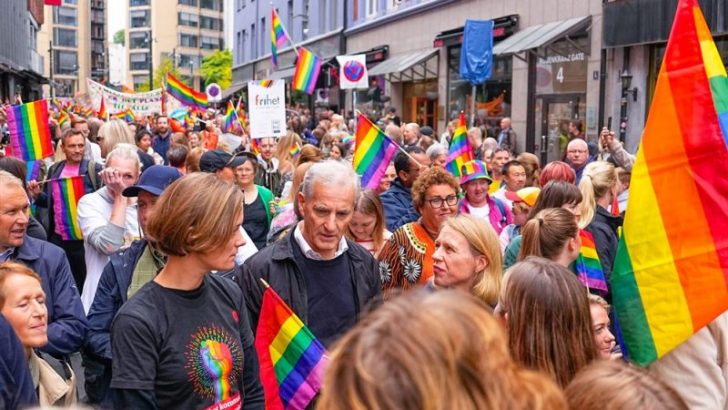
The UN / Malta is the leading European country to support LGBTQI+ rights.
The Path to Progress
It is essential to remember that progress does not happen overnight. While Malta has seen significant progress in terms of LGBTQI+ rights, the country still faces challenges, such as transphobia and violence against LGBTQI+ individuals.
Poland, despite facing criticism, has also seen some positive developments, such as Warsaw's annual Pride parade. It is essential for countries to address and recognize the challenges faced by the LGBTQI+ community and make committed efforts toward progress.
Parting Thoughts
The differences between Malta's and Poland's attitudes and policies toward the LGBTQI+ community highlight the varying levels of progress and challenges faced by countries in Europe. It is important for countries to recognize that progress requires consistent effort and a willingness to confront challenges.
The journey to full equality and inclusion for the LGBTQI+ community is ongoing. And it is essential for the world to support and uplift them in this journey.

